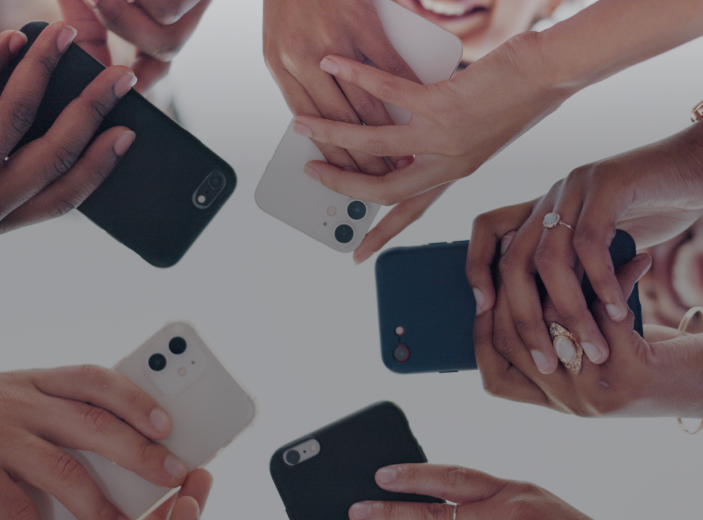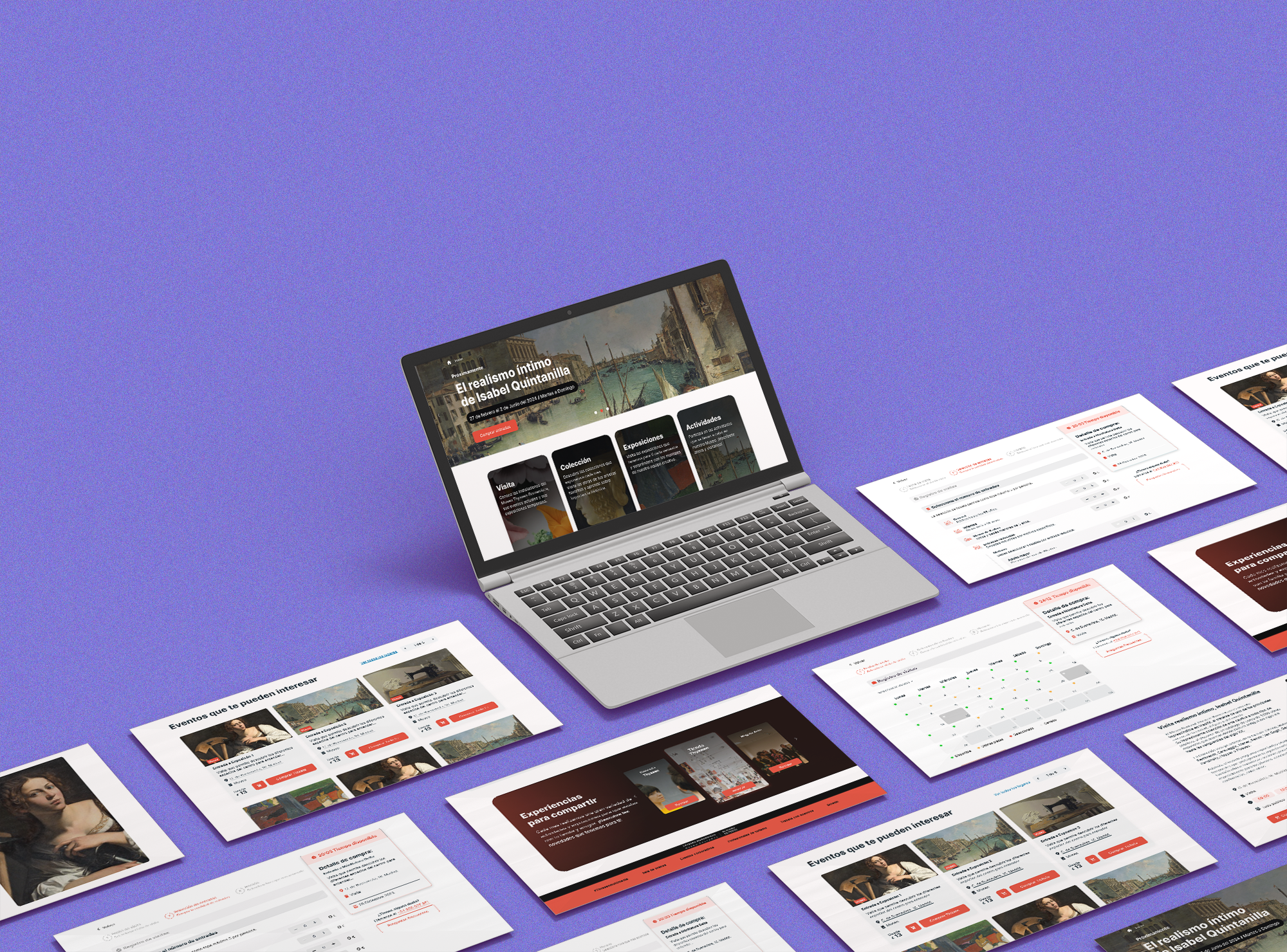Share this article
The videos published on this social network quickly address users’ questions, while the audiovisual format aligns with the consumption habits of this age group. According to experts, the main problem is that the accuracy of the information is not guaranteed.
What started as a platform for short, entertaining videos is evolving into an essential tool for Generation Z or centennials (those born between 1997 and 2012, approximately). Today, TikTok is not just synonymous with viral dances but also with searches—it’s ‘the new Google.’ From news to recommendations on where to go and what to do, this social network is challenging industry giants, becoming the go-to search engine for many young people.
“The most recent ‘Trend Report’ by the international marketing agency Ok Cool revealed that 72% of centennials use TikTok to answer their questions,” says María Paz Long, General Director of Strategic Planning at the advertising agency TBWA Frederick.
She adds more data: “According to internal research from Google, nearly 40% of young people prefer to use TikTok for searches instead of turning to Google Search and Maps. While this trend may seem surprising, given the distinct functions of this social network compared to a traditional search engine, younger generations feel comfortable using this platform for searches.”
Sebastián Ansaldo, an academic from the Department of Journalism at U. Alberto Hurtado, says the reason lies in the format: “The internet has increasingly become a more audiovisual space. Content has adapted to a generation that feels very comfortable with products, narratives, and messages that adhere to the grammar and language of the audiovisual world.”
In this sense, he adds, “A platform built around that kind of content is not only attractive but also natural for young people who grew up with the unique characteristics of audiovisual narrative logic.”
The specialist also notes, “Several studies have suggested that, compared to other social networks, TikTok has the most ‘aggressive’ and ‘addictive’ algorithms. In other words, it is designed to keep users engaged as long as possible, which limits the use of links to external sites or platforms. This makes users tend to do everything in one place, from consuming casual content to actively searching for something of interest.”
Another reason, says Alberto López-Hermida, Director of the School of Journalism at U. Finis Terrae, is that TikTok is very “accessible,” whereas a Google search is “more cumbersome.” This, he adds, makes the platform highly addictive.
The Main Problem: Lack of Accuracy
Part of TikTok’s success as a search engine lies in its perceived authenticity. Long explains that users “value the genuine experiences and opinions of content creators more than academic or institutional information. In this sense, content creators play a new role as authorities, not only entertaining but also informing and guiding their audiences on various topics.”
However, Long warns that this approach has a dark side: misinformation. “While TikTok offers visually engaging content, it does not guarantee accuracy or reliability. In many cases, videos are created by people who are not experts in the topics they cover, which could lead to confusion or misunderstandings about certain issues.”
“TikTok is mainly used as a search engine for lifestyle topics, personal identity, or recommendations. This includes finding nearby restaurants, fashion trends, or cooking ideas. In these cases, it works well and satisfies users,” Ansaldo points out. “But in journalistic investigations, it has been shown that when TikTok is used to search for factual information—like the kind you’d find on Wikipedia—it performs poorly and provides very inaccurate results.”
He highlights that the problem arises when both worlds overlap, “as in today’s highly polarized political landscape, which operates on identity logics but also requires responses to objective facts and concrete management. In this context, TikTok becomes a potential source of misinformation. There’s a lot of content based on lies, discrimination, and hate speech. Experts have also noted that the platform struggles to moderate misleading content about elections, wars, abortion, and other issues.”
Recommendations
The interviewees agree that the advice for younger generations is to “maintain a critical and reflective attitude toward its use. TikTok can be useful for finding recipes, but it can be dangerous for information about politics, health, or finances. It’s always important to verify information with other sources,” says Ansaldo.
For his part, López-Hermida recommends “pausing to consider who is providing the information, from what account, on what date, and in what context. Additionally, if the information appears too surprising or shocking, it’s best to rely on intuition and cross-check with more reliable sources.”
Unverified Content
According to a UNESCO report published this week, 62% of content creators or influencers do not systematically verify information before sharing it with their audiences.
“The lack of rigorous critical evaluation underscores the urgent need to strengthen creators’ skills in media and information literacy, including identifying and using reliable sources,” the report’s authors emphasize. The study was conducted in collaboration with Bowling Green State University (USA) and surveyed 500 content creators from 45 countries and 8 different language regions.
Stay Updated!
If you’d like to learn more about how Google technology is shaping the future, keep exploring our blog and subscribe to our newsletter: moveapps.cl/blog/#newsletter.














